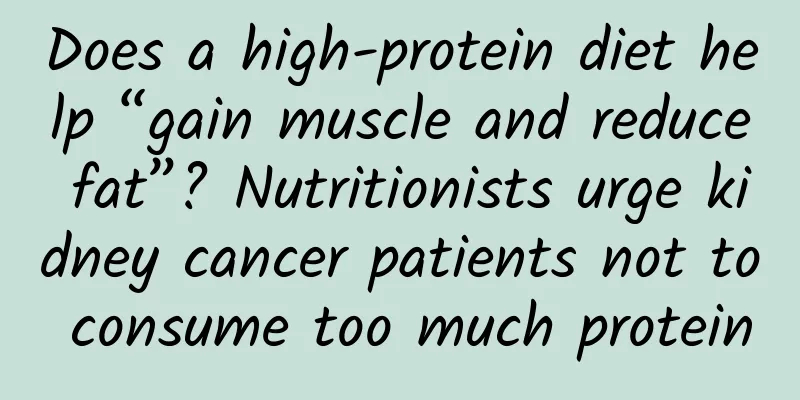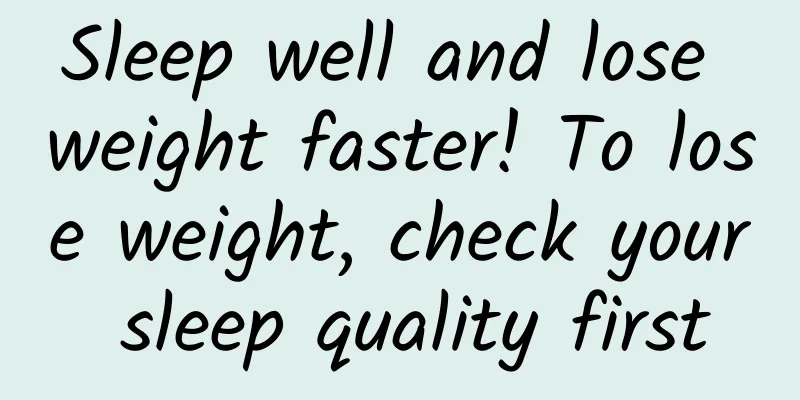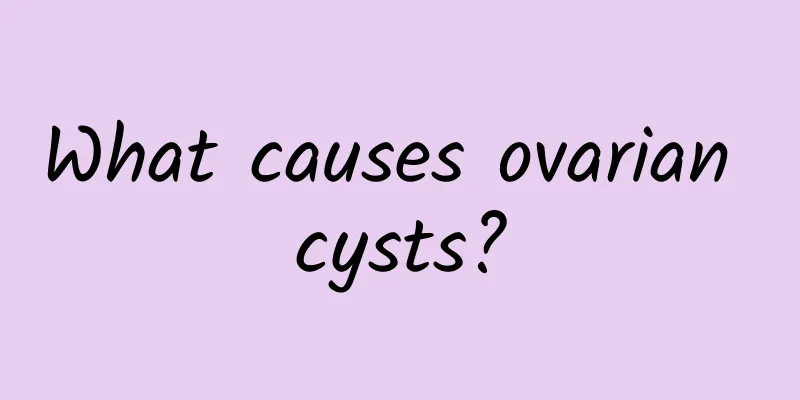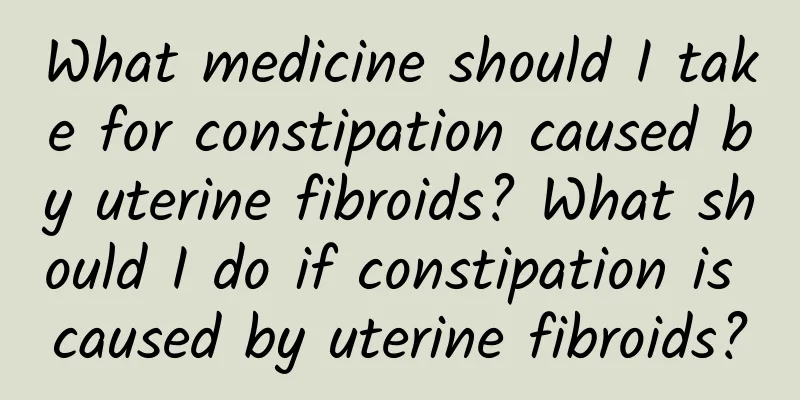Does a high-protein diet help “gain muscle and reduce fat”? Nutritionists urge kidney cancer patients not to consume too much protein

|
Protein is one of the three essential nutrients for the human body. Since it is widely rumored on the Internet that eating a lot of protein can help "build muscle and lose fat", many people have begun to pursue a "high-protein diet". However, nutritionist Hong Ruopu reminded that excessive protein intake may have the opposite effect, especially for kidney cancer patients, whose protein intake should be lower than that of ordinary people to avoid accelerating kidney failure and causing more serious symptoms. Eating too much protein! The health of kidney cancer patients is in dangerThe kidneys, also known as "kidneys", are important organs for the human body to eliminate protein metabolic waste. Kidney disease patients develop tumors due to abnormal proliferation of kidney cells, which causes a certain degree of damage to kidney function and also affects the normal metabolism of protein. Once kidney cancer patients neglect their diet and consume protein foods, it is easy to increase the burden on the kidneys, causing the kidneys to fail due to overwork, or even premature death. The kidneys, also known as "kidneys", are important organs for the human body to eliminate protein metabolic waste. Kidney disease patients develop tumors due to abnormal proliferation of kidney cells, which causes a certain degree of damage to kidney function and also affects the normal metabolism of protein. Kidney cancer patients should limit protein intake and give priority to high biological valueCurrently, the Ministry of Health and Welfare recommends that the daily protein intake for healthy adults is 1 gram of protein per kilogram of body weight, but kidney cancer patients should adopt a "low-protein diet." Hong Ruopu, a nutritionist at the Zhongxiao branch of Taipei City United Hospital, said that the protein intake of kidney cancer patients depends on the degree of renal failure. If the glomerular filtration rate is greater than 55 ml/min, the recommended protein intake is 0.8 grams per kilogram of body weight per day; if the glomerular filtration rate is between 55 ml/min and 25 ml/min, the recommended protein intake is reduced to 0.6 grams per kilogram of body weight. Of the protein we consume daily, 1/2 to 3/4 comes from animal protein foods with high biological value, such as chicken, duck, fish, meat, eggs and milk; the rest comes from plant protein foods, such as tofu, soy products, whole grains and various fruits and vegetables. Foods with high biological value protein contain complete essential amino acids needed by the human body. After being eaten, they produce less nitrogenous waste through metabolism and are more easily absorbed and utilized by the human body. Generally speaking, animal protein foods are mostly proteins with high physiological value; plant proteins are classified as proteins with low physiological value due to the lack of some essential amino acids. However, recent studies have confirmed that the quality of soy protein is comparable to that of milk and egg protein, and is also a high biological value protein food. A low-protein diet that takes into account calorie supply, follow the nutritionist to eat the right snacksAlthough a "low-protein diet" can help kidney cancer patients maintain kidney health, the patient's rice intake is also restricted under this principle, and there will be a long-term lack of calorie intake (each 1 gram of protein or carbohydrate can produce 4 calories respectively), causing the body to become increasingly weak and unable to continue fighting kidney cancer cells. Although a "low-protein diet" can help kidney cancer patients maintain kidney health, under this principle, the patient's rice intake is also restricted, and there will be a long-term lack of calorie intake. In this regard, nutritionist Hong Ruopu said that kidney cancer patients can use "low-protein starch" and an appropriate amount of "vegetable oil" to make snacks to provide the body with sufficient calories. Common low-protein starches include: sago, cornstarch, sweet potato starch, corn starch, orange starch, lotus root starch, water chestnut starch, etc., which can be used to make snacks such as crystal dumplings, meat balls, vermicelli, oyster omelette, cold balls, milk tea, fried vermicelli, pearl milk tea, etc. Vegetable oils and fats that can be selected include canola oil, olive oil, peanut oil, camellia oil or sesame oil which are high in monounsaturated fatty acids. 【Low-protein dessert/lotus root starch sweet soup】 (1 serving)
【Low-protein snack/scallion pancake】 (1 serving)
|
Recommend
Can central amenorrhea be cured?
Can central amenorrhea be cured? This is a highly...
What is uterine fibroid bleeding? What should I do if uterine fibroid bleeding occurs?
What is uterine fibroid bleeding? Uterine fibroid...
Experts introduce you to the treatment of chronic adnexitis
Everyone has heard of chronic adnexitis. In life,...
Common symptoms associated with acute pelvic inflammatory disease
In addition to the common symptoms of pelvic infl...
As a woman, you should always be on guard against the causes of cervical erosion
Cervical erosion is a common gynecological diseas...
What should I do if I have stomach pain during menstruation? I must pay attention to it and deal with it properly
Abdominal pain during menstruation is what we usu...
Does the adult flu vaccine have any side effects or harms?
It is generally safe for adults to receive influe...
Good people’s secret recipes to fight obesity! 2. Drinking tea can help you lose weight and lower blood lipids
Diet therapy is actually very simple. Have you he...
Vulvar skin discoloration alert female vulvar leukoplakia
Female vulvar leukoplakia is a stubborn and diffi...
How to Smelt Ovarian Cysts
How to treat ovarian cysts? Ovarian cysts can be ...
Three principles of winter soup to avoid obesity
In the damp and cold winter, many people will mak...
Can I eat longan after abortion?
You can eat longan in moderation after abortion, ...
What should I do if I have abdominal pain and back pain after miscarriage?
What should I do if I have abdominal pain and bac...
Can pelvic peritonitis heal on its own?
Is there any basis for the theory that pelvic per...
What should women eat for cervicitis? 4 dietary remedies for cervicitis in women
1. Dandelion and lean meat soup: 250g lean pork, ...









